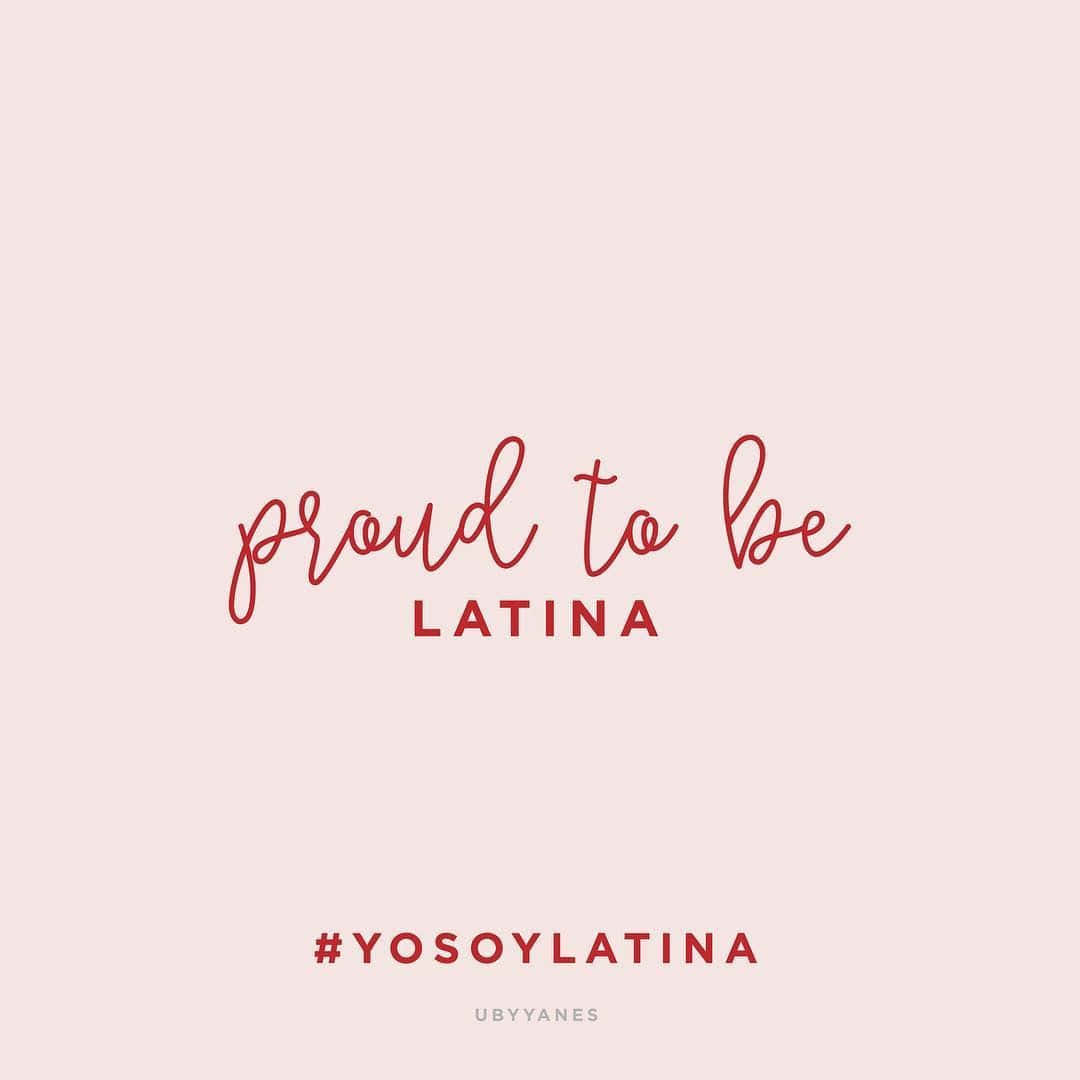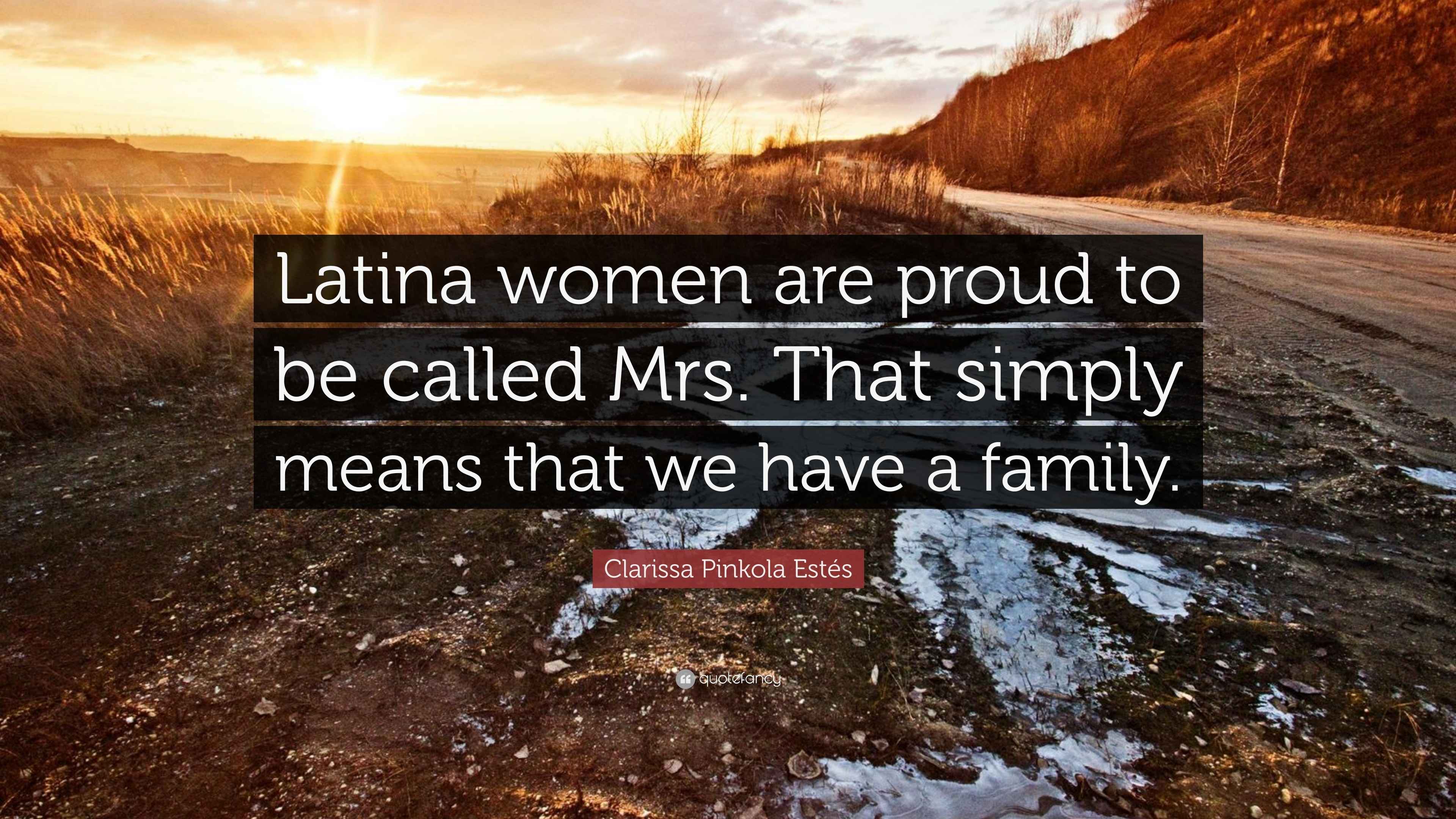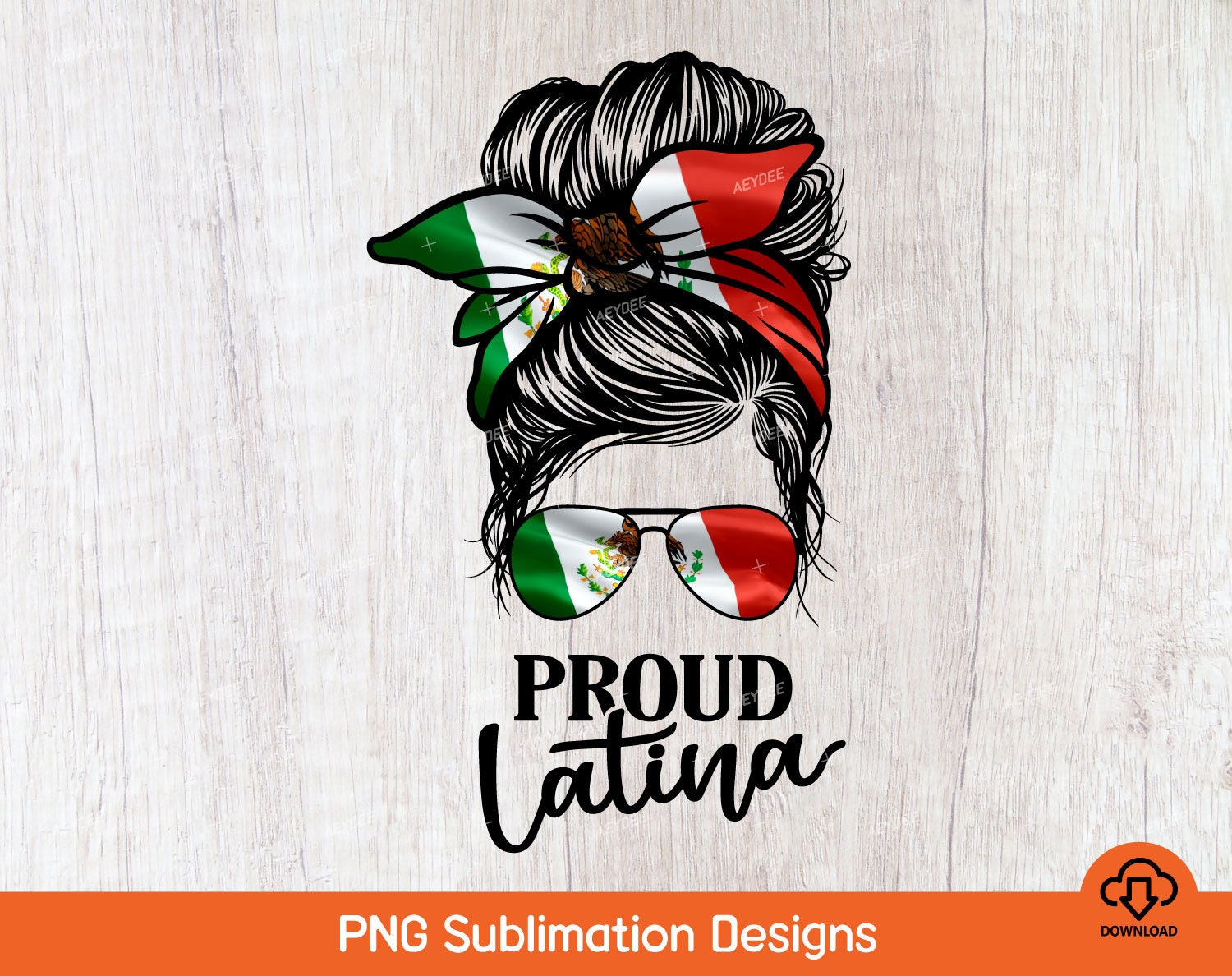There is a deep, warm sense of contentment that comes from truly feeling good about who you are and where you come from. It is, you know, a very personal kind of happiness, one that settles deep inside. This feeling, a kind of quiet joy, often comes from things we have done, things we hold dear, or perhaps from the people we are connected to in a significant way. It is a genuine pleasure, a real sense of worth that blooms when we consider something about ourselves or our group to be something worthy of respect and high regard.
This positive sense of self, you see, extends beyond individual achievements. It often wraps around our collective heritage, the stories passed down through generations, and the shared experiences that shape a community. When someone speaks of being proud of their background, they are really talking about an affectionate admiration for the roots that ground them, a justifiable contentment concerning their place in the world. It’s a feeling that makes one stand a little taller, a quiet confidence that radiates from within, really.
So, this powerful emotion, this feeling of good regard for oneself and one's people, forms the heart of what it means to declare, "I am proud to be a Latina." It is a statement that carries the weight of history, the vibrancy of culture, and the strength of a collective spirit. It is, in a way, a recognition of the beauty and resilience inherent in a shared identity, a feeling that truly brings people together.
Table of Contents
- What Does It Mean to Feel Proud?
- The Heart of Being Proud to be a Latina
- Is There a Difference Between Pride and Arrogance?
- How Does Heritage Make Us Proud to be a Latina?
- Finding Strength in Shared Stories and Being Proud to be a Latina
- Why Does Community Matter for Being Proud to be a Latina?
- Expressing What Makes Us Proud to be a Latina
- What Does This Pride Bring Us?
What Does It Mean to Feel Proud?
When we talk about having a sense of pride, we are, you know, really touching upon a deep-seated emotion. It is a feeling of genuine delight or a strong sense of satisfaction that arises from something you have done, something you possess, or someone you know. This emotion is often linked to things considered admirable or deserving of credit. It is a quiet internal cheer, a feeling of well-being that comes from recognizing value. For instance, a person might feel a surge of satisfaction after completing a difficult task, or they might display a sense of contentment when speaking about a loved one's accomplishments. It is, you could say, an acknowledgment of worth, whether personal or connected to others. The feeling is, in some respects, a recognition of something good, something that brings honor to oneself or to a group.
This feeling, this particular kind of inner glow, is not just about individual triumphs. It can extend to collective achievements, too. Consider, for example, a community that has worked together to overcome a significant challenge. The collective sense of satisfaction, that shared feeling of having done something truly good, is a form of pride. It is about acknowledging the positive impact, the commendable effort, and the admirable qualities that have come to the fore. This type of feeling, you see, can be quite powerful, as it binds people together in a shared experience of contentment and mutual respect. It is, perhaps, one of the most affirming human emotions, because it connects us to our actions and our connections in a very positive way.
The Heart of Being Proud to be a Latina
To declare oneself proud to be a Latina is, in a way, to express a deep connection to a rich and diverse heritage. It is about feeling a profound sense of pleasure and contentment concerning one's cultural background, the stories of one's ancestors, and the collective journey of a people. This feeling is not just a fleeting emotion; it is a steady, quiet source of strength that shapes identity. It is, perhaps, an acknowledgment of the beauty in varied traditions, the strength found in resilience, and the warmth of a widespread community. This sentiment, you know, goes beyond mere words; it is something felt in the heart, a genuine appreciation for where one comes from and what that means. It is a statement that says, "I recognize the value in my roots."
This particular kind of pride, the one tied to identity and heritage, often comes from a place of deep affection and justifiable admiration. It is a recognition of the contributions, the artistry, the perseverance, and the spirit that have marked generations. For many, it is a feeling that is passed down, a legacy of self-respect and cultural appreciation. You might find it expressed in the joy of traditional music, the comfort of familiar foods, or the strength of family bonds. It is, basically, a celebration of who you are, woven into the fabric of a broader cultural narrative. This pride, it seems, helps to build a strong sense of self, a feeling of belonging that is truly precious.
Is There a Difference Between Pride and Arrogance?
This is, you know, a really important question when we talk about feeling good about ourselves or our groups. While feeling proud suggests a sense of pleasure or contentment, it is quite distinct from something like arrogance. True pride, the kind we are discussing, is about recognizing worth and feeling good about it, often with humility and respect for others. It is a quiet confidence, a personal satisfaction. Arrogance, on the other hand, often involves a show of scorn for others, a sense of being superior, or a dismissive attitude. It is, perhaps, a puffed-up way of acting that lacks genuine warmth or consideration for anyone else. One is an internal feeling of value, the other is an external display of perceived dominance.
Consider the contrast: someone who is genuinely proud of their family's history might share stories with warmth and affection, wanting others to appreciate the richness of their background. They feel good about their connections, and that goodness radiates outward. Someone who is arrogant, however, might use their background to make others feel small or insignificant. Their focus is on elevating themselves by diminishing others. So, you see, the core difference lies in the intention and the outward expression. Genuine pride is inclusive and affirming, while arrogance tends to be isolating and demeaning. It is, in a way, about how you carry that feeling of self-worth – whether it uplifts or pushes down.
How Does Heritage Make Us Proud to be a Latina?
Our heritage, you know, serves as a powerful foundation for feeling good about who we are. For someone who is proud to be a Latina, heritage means a rich collection of traditions, languages, artistic expressions, and historical narratives that have shaped generations. It is the shared memory of struggles overcome, victories celebrated, and cultural contributions that have enriched the world. This connection to the past provides a sense of continuity and belonging, a feeling that one is part of something larger and enduring. It is, basically, a source of collective wisdom and resilience, passed down through families and communities. The stories of ancestors, their perseverance and creativity, can inspire a profound sense of respect and admiration.
Moreover, heritage often brings with it a vibrant array of cultural practices that become sources of joy and identity. Think of the music that stirs the soul, the flavors that evoke cherished memories, or the dances that tell ancient tales. These elements are not just customs; they are living expressions of a people's spirit. When we engage with these aspects of our heritage, we are, in a way, connecting to a deep wellspring of identity. This connection fosters a feeling of contentment and pleasure, a justifiable sense of worth that comes from being part of such a dynamic and influential cultural legacy. It is, perhaps, this very connection that makes one feel so genuinely proud of their background.
Finding Strength in Shared Stories and Being Proud to be a Latina
There is a unique kind of power that comes from shared stories, particularly when it comes to feeling proud to be a Latina. These narratives, passed down orally or through family traditions, often speak of resilience, courage, and the ability to find joy even in challenging times. They are, you see, more than just tales; they are blueprints for living, offering insights into the spirit and determination of a people. When individuals hear these stories, they often find echoes of their own experiences, creating a powerful bond of recognition and empathy. It is, perhaps, in these shared accounts that a collective strength truly begins to take shape. The knowledge that others have faced similar situations and emerged with grace can be incredibly uplifting.
These collective stories also highlight the contributions and achievements of Latinas throughout history, both big and small. From artists and thinkers to everyday heroes who kept families and communities together, their experiences provide a rich tapestry of human endeavor. Recognizing these accomplishments, and seeing oneself as part of that continuing narrative, can foster a deep sense of contentment and self-worth. It is, in a way, like discovering a hidden treasure within your own lineage. This shared history, this collective memory, becomes a source of inspiration and a reason to feel genuinely good about one's identity. It reminds us that we are part of a continuing, powerful story.
Why Does Community Matter for Being Proud to be a Latina?
Community plays, you know, an absolutely central role in fostering a sense of pride, especially when it comes to being proud to be a Latina. It is within the embrace of a shared community that individuals find support, understanding, and a sense of belonging that is truly special. This collective space allows for the celebration of common traditions, the sharing of experiences, and the mutual encouragement that helps individuals thrive. When people come together, united by a shared background, they create an environment where cultural expressions are cherished and individual identities are affirmed. It is, perhaps, in these connections that the feeling of pride truly flourishes, as it moves beyond a personal emotion to a shared experience.
Moreover, community provides a platform for collective action and mutual upliftment. When individuals feel connected to a larger group that shares their heritage, they often find strength in numbers to overcome obstacles and to advocate for their common interests. This solidarity, this feeling of being part of a supportive network, can be a powerful source of contentment and confidence. It is, in a way, like having an extended family that understands your unique journey and celebrates your successes as their own. This sense of shared purpose and collective identity makes the feeling of being proud to be a Latina not just an individual sentiment, but a powerful, living force that binds people together in a truly meaningful way.
Expressing What Makes Us Proud to be a Latina
The ways in which people display their pride, particularly when they are proud to be a Latina, are as varied and rich as the cultures themselves. It is not just about words; it is about actions, choices, and the way one carries oneself. Some might express it through their language, choosing to speak Spanish or Portuguese, perhaps, even when English is more common, keeping the linguistic connection alive. Others might show it through their culinary traditions, preparing and sharing dishes that have been passed down through generations, bringing the flavors of home to new places. It is, you know, a very personal expression, one that comes from the heart.
Art and music also serve as powerful avenues for expressing this deep sense of contentment. Traditional dances, vibrant paintings, soulful songs, and compelling literature all offer ways to honor and share one's heritage with the wider world. These artistic forms are, in a way, living testaments to the richness and beauty of Latina culture. Beyond these more public displays, the feeling of being proud can also be seen in the quiet strength of family bonds, the way values are taught to younger generations, and the simple act of standing tall in one's identity. It is, basically, a pervasive feeling that colors many aspects of daily existence, a quiet yet powerful affirmation of self.
What Does This Pride Bring Us?
This deep sense of feeling good about who you are, this particular kind of pride, brings with it a multitude of positive outcomes. For individuals, it can foster a stronger sense of self, a greater resilience when facing challenges, and a clearer understanding of their place in the world. It is, you know, a kind of internal anchor that provides stability and confidence. When someone feels genuinely proud of their identity, they are often more likely to pursue their goals with determination and to embrace their unique qualities. This personal contentment can lead to a more fulfilling life, one lived with authenticity and purpose. It is, perhaps, one of the most empowering emotions a person can experience.
On a broader scale, this collective feeling of being proud to be a Latina helps to build stronger communities and a more vibrant society. It encourages cultural exchange, promotes understanding, and celebrates the richness that diversity brings. When people stand in their truth, when they display a justified sense of contentment concerning their heritage, they contribute to a world where differences are not just tolerated but genuinely appreciated. It is, in a way, a powerful force for good, fostering connection and mutual respect. This pride, it seems, helps to create a more inclusive and understanding world, where every background is seen as a valuable piece of the human story.
This exploration has looked at the core meaning of feeling proud, distinguishing it from negative forms, and then applied that understanding to the profound and positive experience of being proud to be a Latina. We have considered how heritage, shared stories, and community connections all contribute to this deep sense of satisfaction and identity. The discussion has also touched upon the various ways this pride can be expressed and the many good things it brings to individuals and the wider world.


